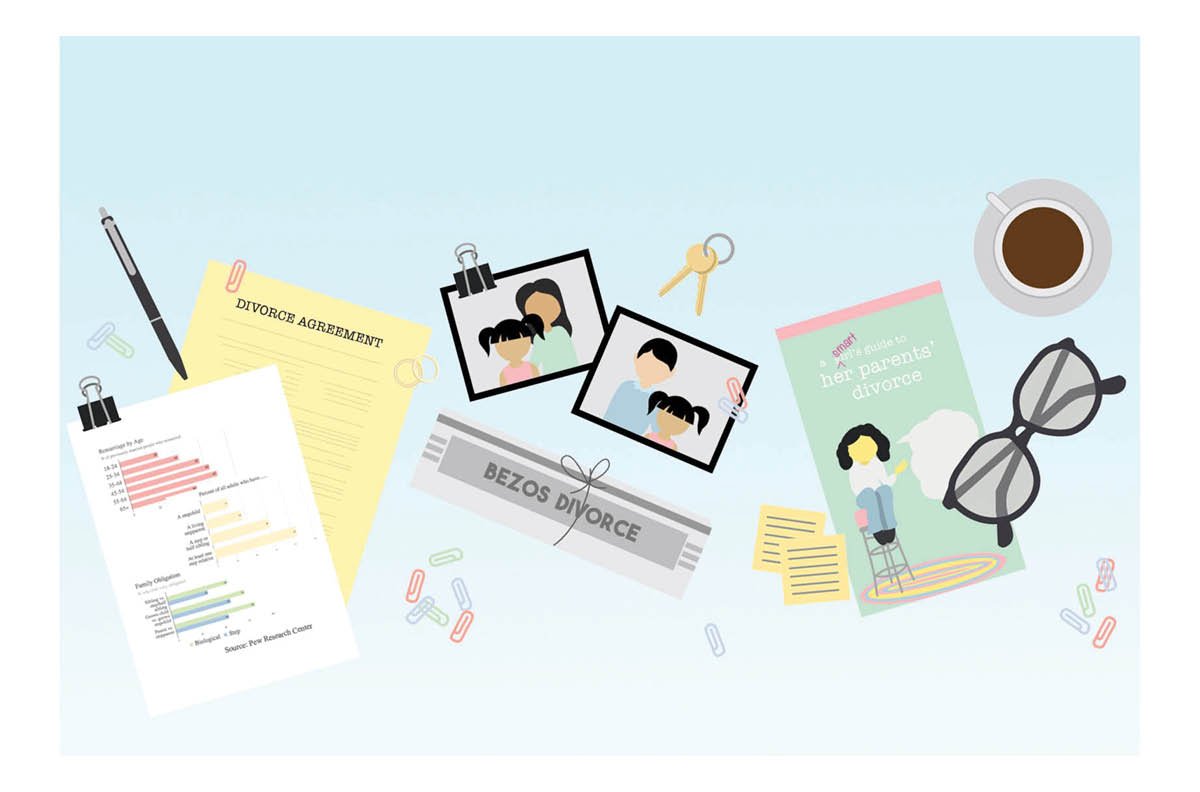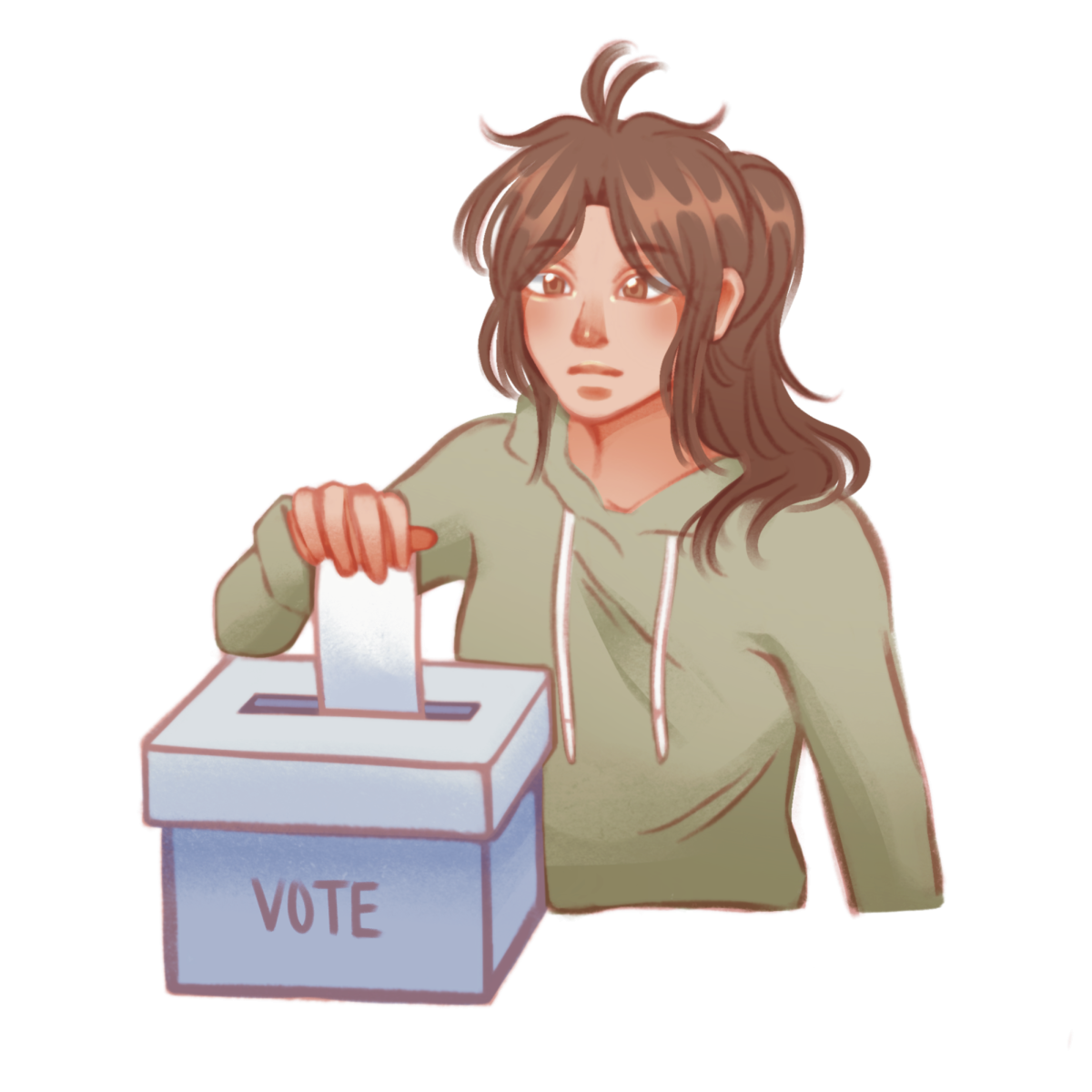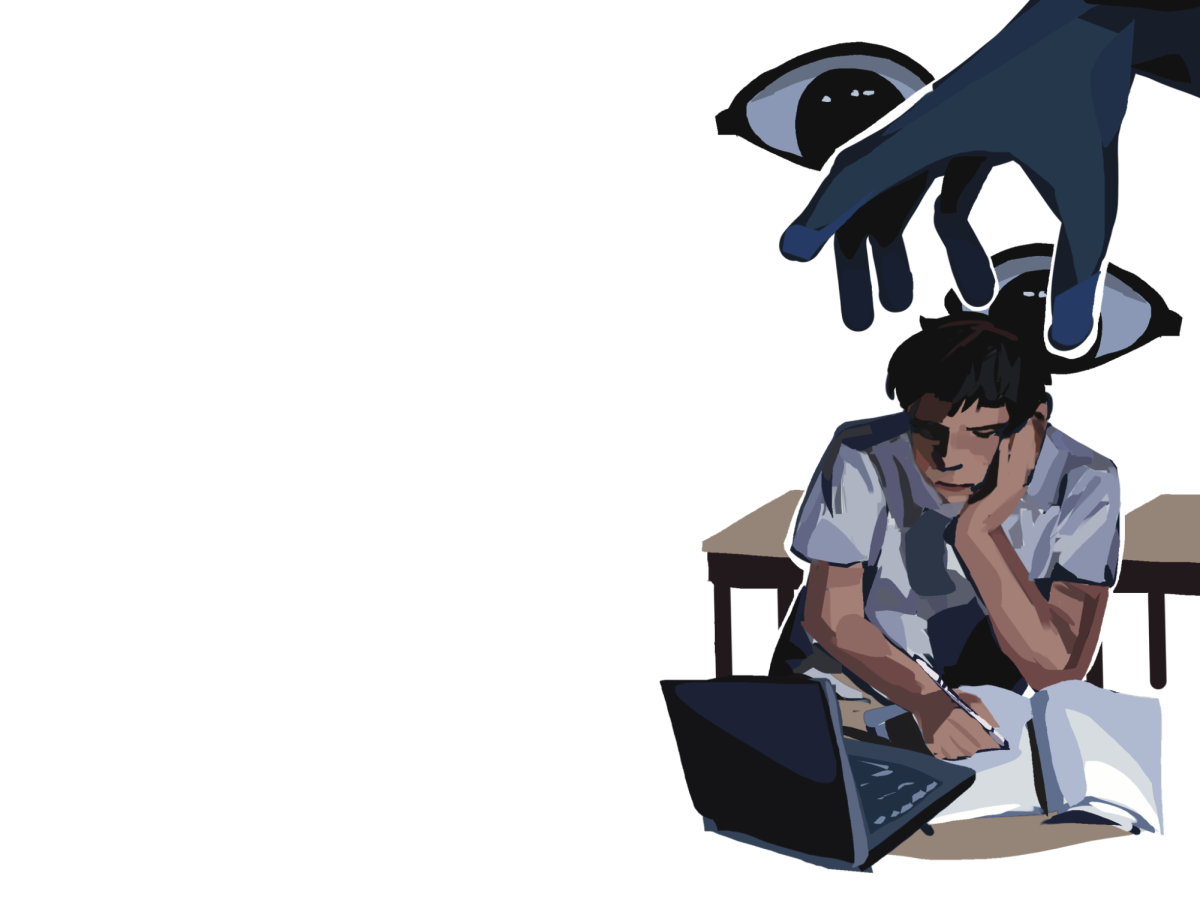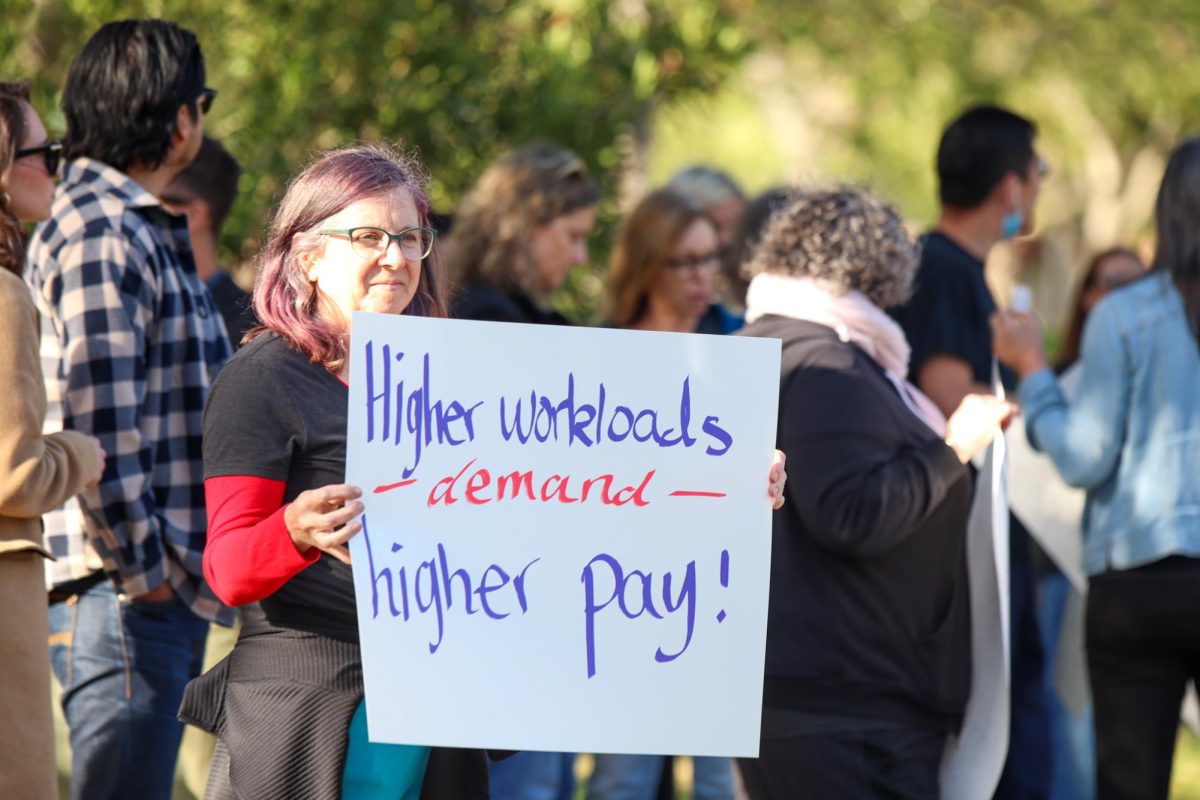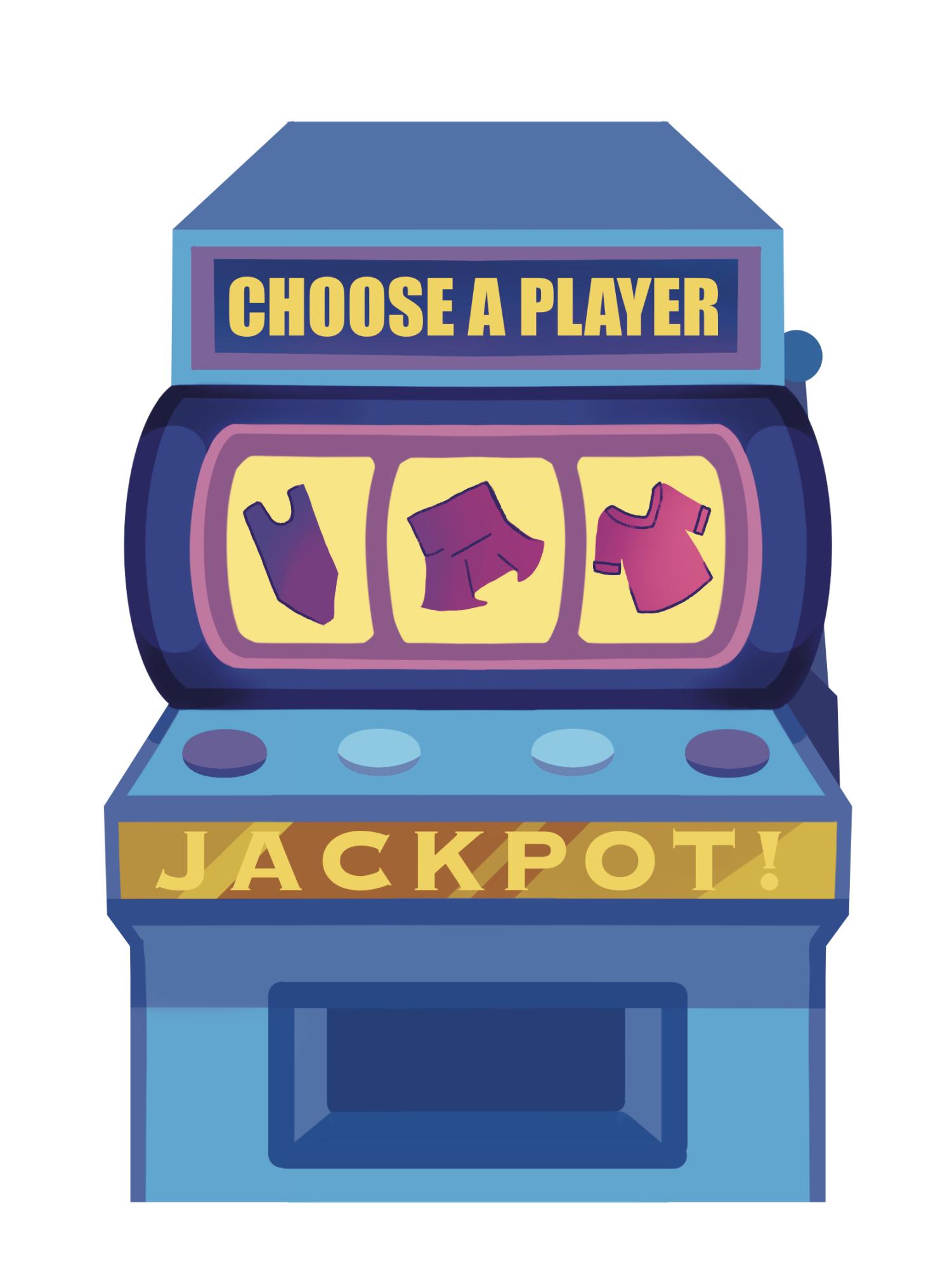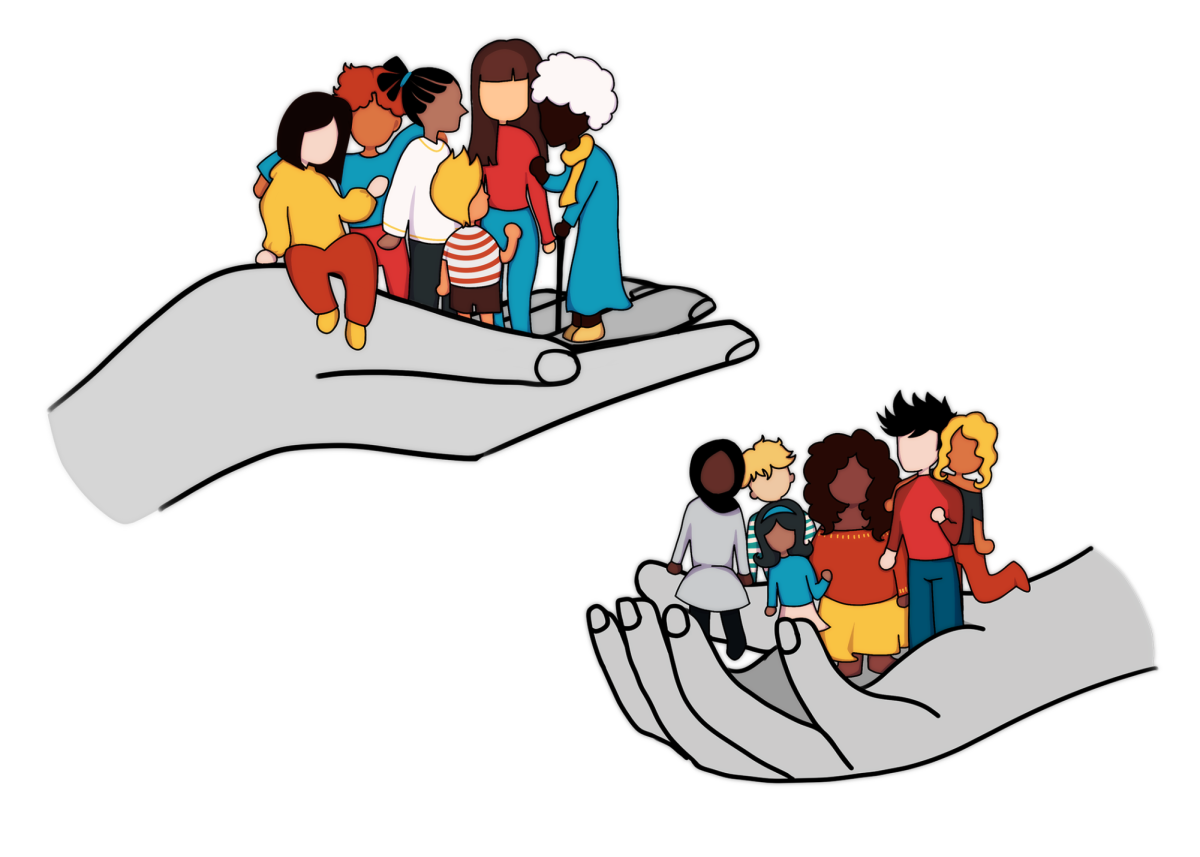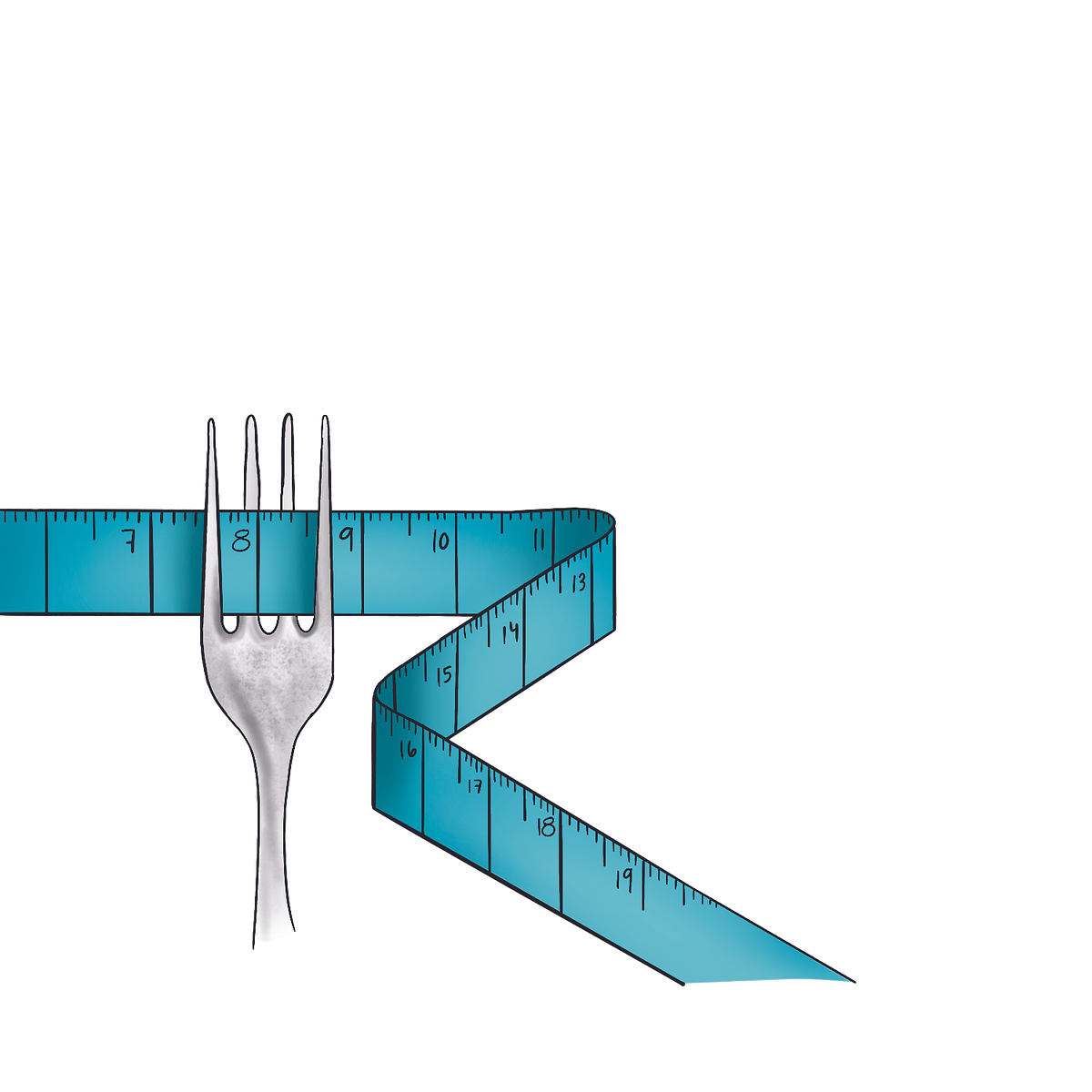When junior Sasha Poor was 11 years old, she came home one day and found a brand new book sitting on a bookshelf in her garage, titled “A Smart Girl’s Guide to Her Parents’ Divorce.” A sixth grader at the time, she said she did not understand the meaning behind the book until two years later during a family dinner.
“When I walked in, (my parents) were sitting at a table with a cupcake and a little book, which they told me was a present. I was a little suspicious, since it was not my birthday or anything. And they then told me that they were getting divorced.”
Junior Sasha Poor
While children of divorced parents often carry the stigma of coming from a broken home, many students, parents and therapists say it doesn’t have to be that way.
Divorce can create complications in terms of parenting styles, living arrangements and sibling rivalry, but students and experts agree that if divorcing parents don’t make their children a central part of the conflict and can agree on principles of discipline and child rearing, kids of divorce can overcome the initial trauma of the split to come away with few negative long-term effects.
In many families, parents have trouble communicating with their kids about their divorce, especially when the kids are young. However, according to Poor, her parents became more open to share their thoughts and decisions with her after their initial talk, which benefited her family dynamic.
“Since I was pretty young (when my parents divorced), I think it was reasonable for them to think that I wouldn’t really understand. I’m glad they chose to tell me about it. After the talk we had on that day, they began to discuss with me openly about their decisions and conversations, which made things a lot easier for all of us.”
Junior Sasha Poor
[divider]New Places, New People[/divider]
One night away a week. Two nights. Three. Since senior Sarah Mitz’s parents’ divorce seven months ago, when she was 17, her dad has been slowly transitioning from living with the family to living on his own in an apartment in Palo Alto. This is the case with many families with divorced parents — one often moves out, leaving the family physically split in two.
Since Mitz’s parents’ divorce is quite recent, her dad is only living with her for half of the week. According to Mitz, her parents made this arrangement because they wanted to create the least possible change in their children’s lifestyles.
However, Mitz said she predicts that when she goes to college, her dad will live full-time in an apartment or a different house and her sister and brother will switch between living with her mom and dad.
Mitz and her sister still get to live in their house, but senior Halle Gelman recalls a time when she had to constantly move with her mom and sister in and out of where she was living because of her mom’s attempts to bring the family back together after the conflict.
“When I was 4 up until I was probably 9, it was lots back and forth,” Gelman said. “We lived in (an) apartment for six months, and we lived with my grandma for a while. After the divorce got finalized, my mom, my sister and I moved to Mountain View, to Palo Alto, to Menlo Park, then back to Palo Alto.”
According to the Financial Planning Association, in 2012, 17 to 25 percent of custodial parents move out within two years after the divorce. Gelman said although she grew used to moving every two or so years, it was difficult having to repeatedly assimilate into a new environment.
“It was definitely hard just getting aware of your surroundings. And when you’re at that age, that young, you tend to find friends within your neighbors and your community, so it was definitely hard leaving some of the friends I had. Once I moved into my current house, which I’ve been living in for six, seven years or so, I was like, ‘Oh, that’s what I was missing out on the whole time.’”
Senior Halle Gelman
In addition to adjusting to a new place, children with divorced parents may have to embrace new people in their lives, potentially including a parent’s new significant other.
Gelman’s mom, though not remarried, has been dating her current boyfriend for seven years. Gelman said it was initially difficult to accept that her mom’s boyfriend was going to be a part of her daily life. According to Gelman, one main reason she is not able to connect well with her mom’s boyfriend is because his parenting style and disciplinary methods are very different from her mom’s.
“I just always didn’t want (my mom’s boyfriend) to be part of my family, and I think to this day I don’t really like it because I was so used to having three girls in the house — my mom, my sister and me,” Gelman said. “Having another male in the house is weird, especially one that I don’t talk to that much — I’m not close with him. So it’s definitely awkward, and it’s hard to express your feelings.”
Additionally, if a parent remarries or starts dating, the children may also have to adjust to a step parent’s children as well. According to a 2010 Pew Research Center Social and Demographic Trends survey, three in 10 people have a step or half sibling.
Junior Matthew Marzano, whose parents divorced when he was in fourth grade, has one biological brother and sister, two step sisters and one step brother as a result of his father’s remarriage.Marzano said while he gets along with his step siblings, there is not much communication between them.
“It definitely felt weird having four new people in my house at first, because I was not used to who those people are,” Marzano said. “They are different from my siblings and have different mannerisms … It’s not like your actual brother, your actual sister. It’s a lot different from that — you didn’t grow up with those people … There’s not that love — I really had to adjust myself for that.”
According to Marriage and Family Therapist Richard Stolee, divorce and the new people and places it introduces in a child’s life increases the need for thorough communication.
“If you have two households, it makes the communication more complex. It adds stress to the teenager or child because now they have to deal with two households and when the parents get involved with other people, now we’ve got four different family systems involved. Each couple has their own systems, and they’re trying to work out those systems. There’s more difficult communication, more complexity (and) lack of consistency amongst the different households.”
Richard Stolee | Marriage and Family Therapist
[divider]Hardships and Struggles[/divider]
Divorces, especially high conflict ones, often affect all aspects of students’ lives. Initially, divorce can have a profound impact on a child’s emotional wellbeing, as that child is subjected to a myriad of emotions including anger, sadness and resentment.
This held true for Mitz, whose parents’ divorce in the summer of her junior year led to a decline in her mental health as well as her academic performance when she returned to school.
“I was definitely sadder this first semester of senior year, more sad than I had ever been,” Mitz said. “There were days where I was really sad, I wasn’t doing my best work and I wasn’t paying attention in school.”
According to Jennifer Kleckner, the Paly Guidance and Wellness Center Health Technician, students are often struggle with their parents’ divorce but hide their emotional damage behind other excuses.
“Over the years I have seen many students in the Health Office who have come in with headaches, stomach aches, and saying that they just wanted to go home because they weren’t feeling well, whom I learned later were experiencing the stress of seeing their parents’ marriage fall apart. You don’t have to have a fever to really not be feeling very well.”
Jennifer Kleckner | Paly Guidance and Wellness Center Health Technician
For many children of divorced parents, opening up to friends and peers about their family’s divide can be a difficult and daunting task. Mitz was hesitant to share about her parent’s divorce at first, as she did not feel others could relate to her situation.
“I didn’t know anybody whose parents got divorced when they were in high school,” Mitz said. “I have some friends whose parents got divorced when they were little kids, so it was more normal for them, but I didn’t know anybody who had that transition the summer going into your senior year, when your whole life is about to change, you’re going to college, you have a lot of pressure on you. And that was hard, and nobody could really relate to me.”
For Poor, even though her parents’ divorce occurred before high school, the separation was equally trying, as immediately after the divorce paperwork was filed and before the dust had settled, her father moved to New Zealand to live with his mother and brothers.
Poor said what she misses most about having her father around is the unique and thoughtful day-to-day conversations they enjoyed before her parents’ divorce and having her father’s perspective on important decisions in her life.
“(My dad and I) have a lot of philosophical discussions. He talks about that kind of stuff with me, and I don’t really talk about that with my mom, so I kind of miss that. (Also, my mom and dad) are very different and have different views. So when (my dad is) not there, it’s hard to make a decision or take everything into account.”
Junior Sasha Poor
[divider]Family Dynamics[/divider]
Beside the emotional status of the child, divorce usually also affects the relationship between a child and his or her family.
“Often in divorce, it’s a time of stress, and the relationships are suffering,” divorce coach Nancy Gray said. “So I’m really trying to rebuild connections between the parent and the child or the teenager and the parents, maybe a teenager feels ‘nobody’s listening to me (and) you parents are just off there fighting and you don’t really care about me.’ So I’ll really try to be the interpreter between the teenagers and the parents to try to get them back on track.”
Additionally, changes in schedule caused by the divorce and having to move to new places usually decreases the time the child gets to spend with his/her parents.
Marzano’s parents had decided an alternating schedule for him, which makes him to switch houses every weekend. While cannot see both of his parents together everyday, Marzano said he appreciates his parents’ efforts to make sure he doesn’t feel left out by spend as much time with him as possible.
“(My parents) would always try to do things for me. They would take me out for dinner when I’m at the other parent’s house and bring me to movies and sports games. I really see the efforts they put (into) giving me a better sense of family, and I really appreciate that.”
Junior Matthew Marzano
While it is not feasible for Poor to see her parents regularly, she said her parents always try to spend time with her as a family, even though they are not technically a family anymore.
According to Poor, her mom and dad still discuss parenting issues with each other, and the family goes on trips together for Christmas and Thanksgiving. She even said her parents not married makes the family atmosphere less intense.
While Poor and her family focus on spending time together as a whole family, senior Carlos Diaz said he chose to focus on hanging out more with his younger brother after their parents divorced, trying to build up a positive view of the world for him. Diaz was 11 at the time of the divorce, and his brother was 7.
“(My brother) didn’t take it too well, and I don’t think he completely understood what was going on at that moment. As the older brother, I would always tell him that everything would be okay, and our parents will always be there with us when we need them.”
Senior Carlos Diaz
Playing sports was one of the things that gave Diaz and his brother a chance to spend more time together, Diaz said.
“We both used to play soccer, and we would play together when we hang out together over the weekend at my dad’s house,” Diaz said. “I also invited him to join the cross country team with me. I just wanted to tell him that there are still things that you can control and things that are not going to go wrong. And you should always remain positive and do whatever makes you happy.”
Diaz said his parents’ divorce actually improved the relationship between his brother.
“I definitely got closer with (my brother) because of the divorce,” Diaz said. “When he was young, I never felt like I could go to him when I need something, since I needed to look out for him. But as he grew up, we kind of began relying on each other.”
Furthermore, divorce can cause changes in parents’ perspectives of their roles in the family, according to Mitz.
“It’s weird seeing your parents as co-workers and that the only reason that they’re talking is for the kids. It’s more pressure because when I’m tired at dinner, I want them to have fun talking to each other … it’s all about the kids now.”
Senior Sarah Mitz
As the oldest child in her family, Mitz feels more pressure to try to maintain her family’s dynamics and cohesiveness.
“I feel a lot of pressure to keep my family together because both my siblings took it a lot harder than I did,” Mitz said. “I think I took on a leadership role of making sure my family stayed together.”
[divider]Misconceptions[/divider]
Like any other taboo topic, divorce is often misrepresented in mainstream media. According to Poor’s mother Suni Memdis, divorce is largely depicted as a purely negative time for a family, full of disputes and stress, but low conflict divorces can be surprisingly peaceable.
“One (misconception) is that divorced people don’t get along, so people are usually quite surprised to find out that (Sasha’s father and I) visit each other, and we go on vacation together (as a family). “Apparently (divorce is) becoming more and more common, so I think it’s not as rare as people might imagine … I think it’s not that well known that you can have a recent divorce and continue on good terms.”
Suni Memdis | Mother of Junior Sasha Poor
For divorces that do have a high level of conflict, Gelman said a common misconception is the assumption divorce is only a conflict between the two parents, which she says ignores the impact on the children involved.
“Depending how bad the divorce is, sometimes the child even has to go to court or (see) a psychologist to talk about it, and I think that’s one of the aspects that isn’t really talked about,” Gelman said. “(Divorce) really affects the child so much and they have to be almost incorporated into the divorce because they have to figure out a schedule that works for them and their parents.”
Because they often end up being caught in the middle of divorces, Gelman said children of divorced parents need to take time to focus on their own wellbeing.
“Focus on yourself — be a little bit selfish. Don’t worry about your parents, because they’re older, and they’re supposed to be caring about you. Work out your time schedule. Do what’s good for you and not for your parents because sometimes when your parents are divorced, they want you since they only get half of the time with you.”
Senior Halle Gelman
[divider]Takeaways[/divider]
Though divorce can change many aspects of a child’s life — from moving, to living with unfamiliar people, to experiencing new hardships and to disrupting family dynamics — it can lead to less conflict and tension and allow a young person to grow and learn from their parents’ relationship.
“There’s times when I wish (the divorce) didn’t happen,” Marzano said. “But I know that it was the best decision for them. And if they stayed together and weren’t happy, it would probably be harder for me, because it would be such a negative, toxic relationship. I actually learned how much they care about me through their divorce — I can see that they go out of their way to do things for me when they’re separated.”
According to a 2002 study by psychologist E. Mavis Hetherington and graduate student Anne Elmore of the University of Virginia, though many children initially experience negative reactions immediately following their parents’ divorce, within two years of the divorce, these effects generally diminish. In the long-term, children typically recover and do well.
Many students, including Poor, also developed a new perspective on relationships from experiencing their parents’ divorce. Poor now recognizes relationships can be flexible, rather than set for one’s entire life.
“When you’re young, you might not be looking at your future goals as much,” Poor said. “When you get older, that might become more clear to you, and then if the person that you’re with doesn’t have those same goals … sometimes it can be best to just not have that relationship.”
In addition, one can also be shaped by a divorce and the responsibility having divorced parents comes with, as was Gelman.
“I think I’ve definitely become a stronger, independent woman. (My parents’ divorce) definitely made me have thicker skin and appreciate relationships more. It’s definitely made me who I am.”
Senior Halle Gelman
Divorce and the initial split may be painful, but experts, including Stolee and Gray, say in the long run, it is possible to create a healthier environment for families in which children can recover and flourish.
“I had always had this perfect life — nothing had ever gone wrong with me,” Mitz said. “And now I have parents who are got divorced … I wanted a happy family. I didn’t want my parents to get divorced, and they did. I’m still happy. I just learned to deal with the things that happened to me, and I had no control over my parents’ relationship. I didn’t let it put me down, so I feel more confident for the future, because I know that things that aren’t ideal are going to happen, and I just feel more confident tackling them.”

